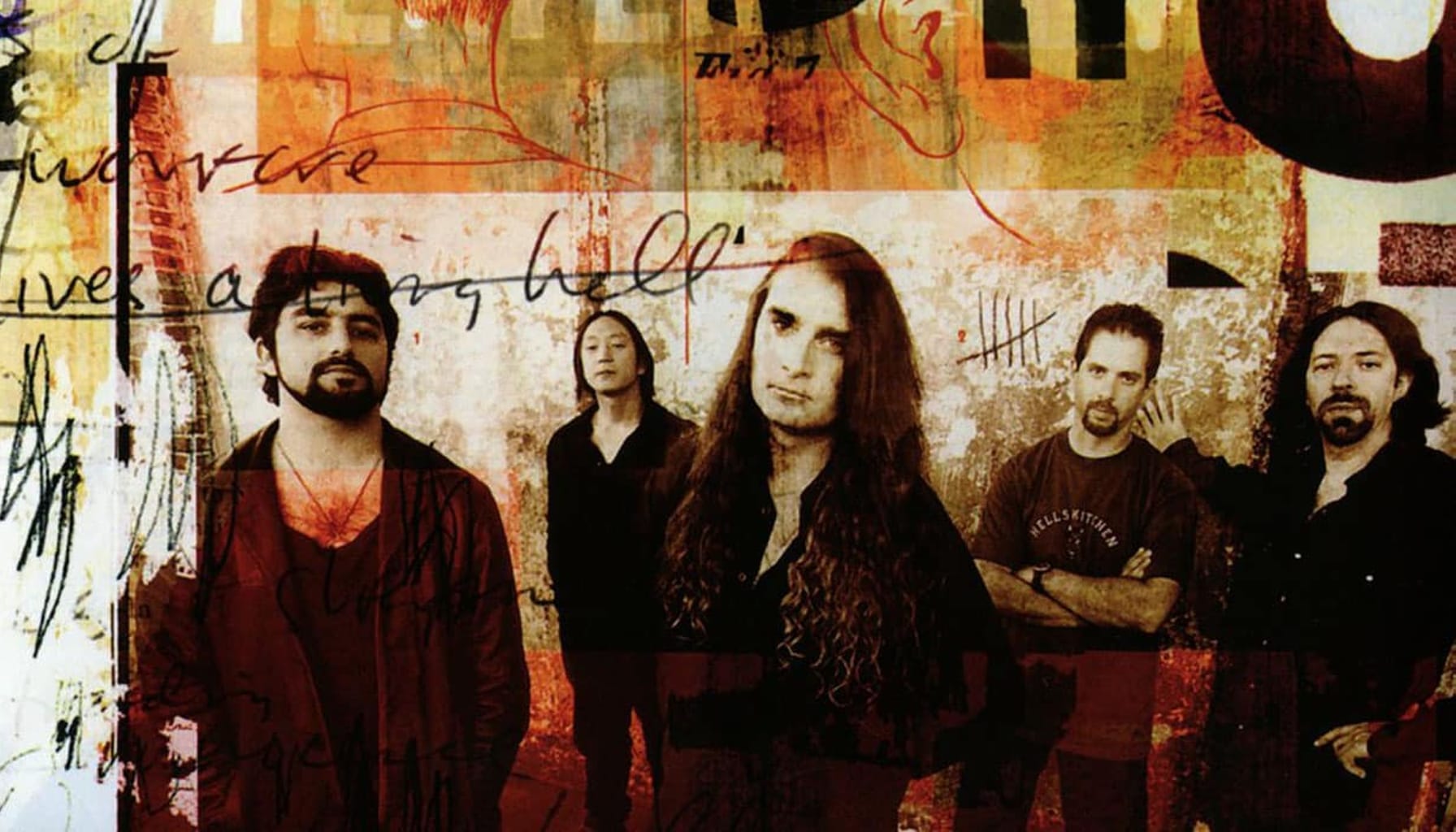Blindspotting: Dream Theater, "Six Degrees of Inner Turbulence"
Fixing musical blind spots, one 90-minute double album at a goddamn time

The Legacy: If you're looking at it strictly in terms of timing, Dream Theater's recording career never should have gone anywhere. Their sophomore outing, the 1992 prog-metal classic Images and Words, was their first album to attract national attention — and as you might recall, 1992 wasn't exactly a banner year for prog, nor was it particularly kind to metal bands who were more inclined to record polished nine-minute odysseys than downtuned thrash. While Images and Words didn't exactly light up the charts, it earned Dream Theater a reputation as the thinking man's metal band, a group whose mighty musical chops anchored their volume dealing in something more than simple aggression, while their sonic power added some extra oomph to their heady lyrics.
That reputation kept the band on a major label throughout the '90s and beyond. Even though their albums tended to peak in the 35-55 range of Billboard's Top 200, and their (often rather lengthy) songs rarely generated much in terms of airplay, they were so well respected on a musical level that they enjoyed the sort of cachet that used to keep acts like Ry Cooder and Van Dyke Parks employed in spite of minimal sales. By the time they released their sixth studio LP, Six Degrees of Inner Turbulence, in early 2002, they were the right kind of household name: You could say the words "Dream Theater" in plenty of random rooms and people would know who and generally what you were referring to, but every single member of the band could walk down pretty much any street — at least any street not heavily trafficked by guitar nerds — without ever being recognized. Not a bad deal.
First Impressions: When I wrote my review of Death Cab for Cutie's Plans in 2005, I wrote that it was basically a Stephen Bishop record for people in their 20s. This sounds insulting — and plenty of people have been insulted by it — but it wasn't meant to be; the gist of my argument was really just that a piece of music's coolness factor often has less to do with its compositional guts than it does with various trappings, and how neatly they align with the zeitgeist.
I thought about this a lot while listening to Six Degrees of Inner Turbulence. At an hour and 36 minutes, there's an awful lot of music here, and I'm not willing to give it the fine parsing it deserves; there are doubtless plenty of Dream Theater fan forums that have already done that work. I'll just say that while some of it certainly lives up to the "progressive metal" advance billing, there's also a whole bunch that sounds like various acts who couldn't attract an ounce of Dream Theater's sales and/or critical acclaim in 2002. Wide swaths of this album, for example, include the type of farting around on the organ that Kansas frontman Steve Walsh was known for throughout the '70s. Fat chunks of the second disc sound like what might have happened if Dennis DeYoung and Jim Peterik had gotten together with the members of Winger in the late '90s. There's an overture worthy of a film score, and one song ("Solitary Shell," for the record) that starts with the sort of acoustic guitar-and-Moog frippery you might have heard during a nature documentary on PBS in the '70s. Long story short: I expected to hear a lot more metal.
This isn't a complaint, really. If you've been reading my writing for any real length of time, you know I'm not much of a metal guy. What I'm saying, basically, is that it's funny to me that Dream Theater popped up pretty much right when all this stuff started going out of fashion and still managed to maintain enough cred to eat with the cool kids. If I'd been a member of Kansas in 1992, I would have been infuriated by Images and Words — and I probably would have been just as ticked off by Six Degrees of Inner Turbulence, because nothing here is lyrically weightier or more musically complex than any of the post-1990 stuff released by the graybeards who preceded Dream Theater.
Again, not a complaint. While I wouldn't say Six Degrees of Inner Turbulence is an album I'm likely to return to in the future, and I question their fans' tolerance for lyrical corn, I spent an entire day with this thing on repeat and I am none the worse for wear. It's sonically eclectic, musically robust, and endowed with more than enough dynamic range to make its preposterous 96-minute runtime as painless as possible. Although I'll argue once again that "progressive metal" is a bit misleading as a descriptor, the record does give you a few dashes of metal to go with its heaping helpings of prog. Overall, I'm really happy that this was extended as a musical dare on the Jefitoblog Discord (one more time: an added benefit for paying subscribers!)
Favorite Song: Oh lord, I don't know. Uh, let's see — I was honestly impressed by the silly flex of opening the album with an almost 14-minute song ("The Glass Prison") followed by a ten-minute song ("Blind Faith"), but as a listening experience, I preferred the latter. So let's go with "Blind Faith," I guess.
